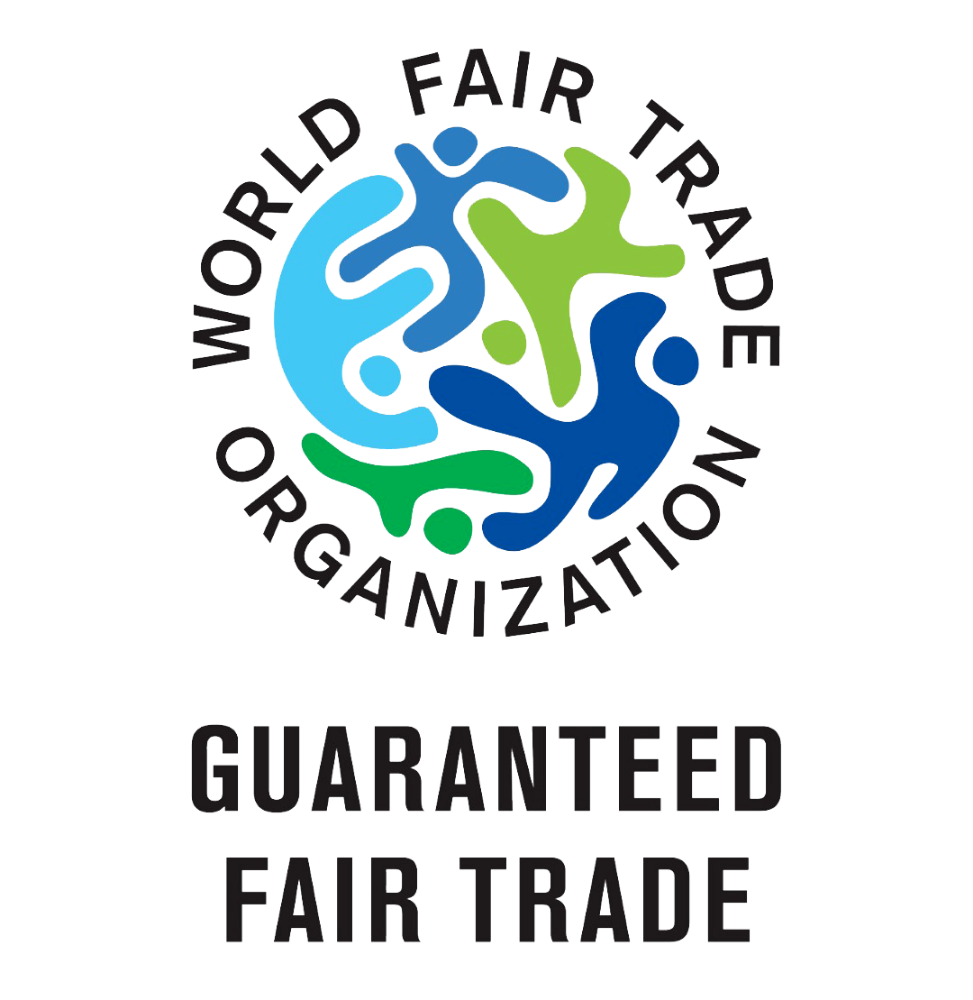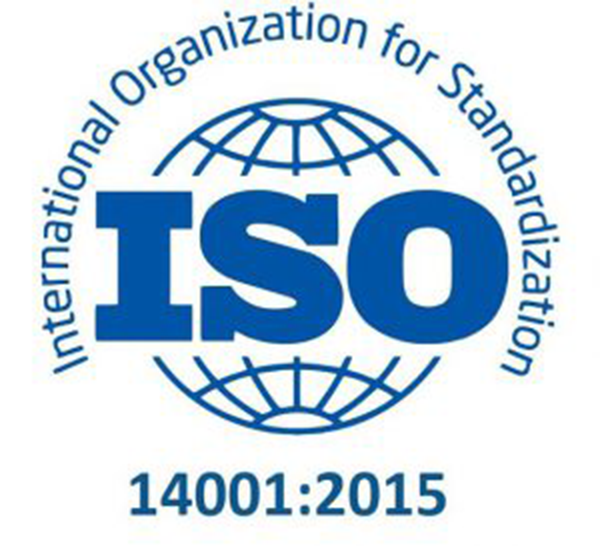










Welcome to Nepali Paper Products Pvt Ltd, where tradition and craftsmanship come together to create exceptional Nepali paper and felt products. Our company was founded with a vision to celebrate and preserve Nepal’s rich cultural heritage through the art of traditional paper-making and felt crafting.
Our Heritage
Our journey began with a deep appreciation for the ancient techniques of Nepali paper and felt production. These time-honored methods, passed down through generations, embody the essence of Nepal’s artistic and cultural legacy. At Nepali Paper Products, we are dedicated to honoring these traditions while incorporating modern innovations to ensure our products meet the highest standards of quality and sustainability.
Our Craft
Every item we produce is a testament to the skill and artistry of our local artisans. Our paper is crafted from natural fibers, processed with care to maintain its unique texture and durability. The felt products are meticulously hand-felted, creating a rich, tactile experience that reflects the dedication and craftsmanship involved in their creation. From elegant stationery to beautiful home decor and thoughtful gifts, each piece is designed to bring a touch of Nepal’s beauty into your life.
Using 100% mulesing-free sheep wool significantly benefits the environment and promotes ethical treatment of animals. Mulesing, a controversial practice involving the removal of strips of wool-bearing skin from around the sheep's breech to prevent flystrike, often causes severe pain and distress to the animals. By opting for mulesing-free wool, farmers employ more humane and sustainable methods, such as better breeding practices and enhanced animal care. This not only improves the welfare of the sheep but also supports biodiversity and soil health, as well-managed sheep grazing can enhance pasture ecosystems. Additionally, mulesing-free wool aligns with consumer demand for ethically sourced materials, reducing the environmental impact associated with chemical treatments and intensive farming practices. Thus, embracing 100% mulesing-free wool fosters a more compassionate, eco-friendly approach to wool production, contributing to the overall health of our planet.
Tree-free paper significantly benefits the environment by reducing the reliance on traditional wood pulp, thus conserving forests and their ecosystems. This type of paper is typically made from alternative fibers such as bamboo, hemp, agricultural residues, or recycled materials, which grow more rapidly and require fewer resources to cultivate and process. By using tree-free paper, we help preserve vital habitats for countless species, mitigate deforestation, and maintain biodiversity. Additionally, the production of tree-free paper often involves fewer chemicals and less energy, resulting in a lower carbon footprint and reduced pollution. This sustainable approach to paper manufacturing supports a circular economy, minimizes waste, and promotes the responsible use of natural resources, thereby contributing to a healthier, more resilient environment.
Solar power significantly benefits the environment by providing a clean, renewable energy source that reduces reliance on fossil fuels. Unlike coal, oil, and natural gas, solar energy generates electricity without emitting greenhouse gases or other harmful pollutants, which helps mitigate climate change and reduces air and water pollution. Solar panels also have a minimal ecological footprint, as they require no water for power generation and occupy less space compared to traditional energy infrastructures. By harnessing the sun's energy, we can decrease deforestation and habitat destruction linked to mining and drilling activities. Additionally, solar power contributes to energy independence and security, fostering sustainable development. As technology advances, the efficiency and affordability of solar panels continue to improve, making this renewable energy source a crucial component in transitioning to a more sustainable and environmentally friendly energy future.
Rainwater harvesting plays a crucial role in environmental sustainability by capturing and storing rainwater for future use, thereby reducing reliance on traditional water sources. This practice helps mitigate the effects of water scarcity and drought, ensuring a more resilient and reliable water supply. By collecting rainwater, we can decrease the demand on groundwater and surface water, protecting these vital resources from over-extraction and depletion. Additionally, rainwater harvesting reduces runoff, which can help prevent soil erosion, flooding, and water pollution from stormwater that carries contaminants into rivers and streams. The stored rainwater can be used for various purposes such as irrigation, flushing toilets, and even drinking water when properly treated, promoting water conservation and reducing the strain on municipal water systems. Overall, rainwater harvesting supports sustainable water management, preserves natural ecosystems, and enhances environmental resilience.





